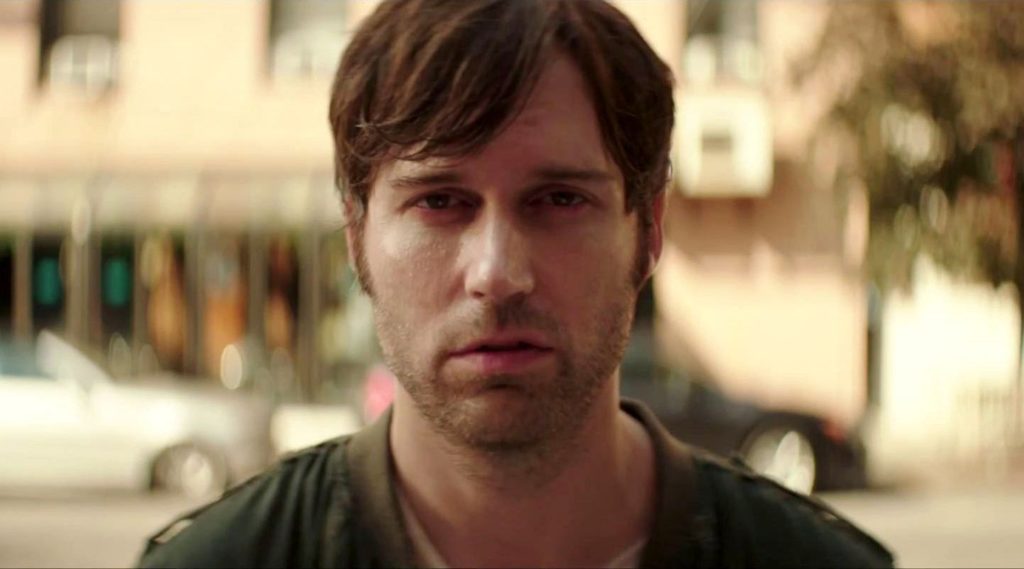
There’s a lot of reasons why we love film. We love the sense of escapism, we love rich stories and compelling characters, we love great performances, explosive action, to laugh, to cry or to scare ourselves silly. No matter where our preferences lie, here, one thing we all have in common is film.
But often the most relatable are the ones that remind us that sometimes life sucks. A little harsh perhaps but hey, without that element of life, we wouldn’t have those emotionally charged movies. Of course, there’s also plenty of happiness in life, and that too translates to the movies.
But let’s focus on the sadness. Sure, seeing the Avengers fight the good fight and watching a weird undead cat ripping people to shreds is entertaining, but often films about real life and real people — films that elicit real emotion and feelings and leave a lasting impression, are the most effective. Seeing powerful performances and scenes of raw emotion can also just be a treat as it’s a testament to a performer’s abilities.
So with that, here are some of the most tear-jerking movies that you may have never seen.
10. Watership Down (1978)
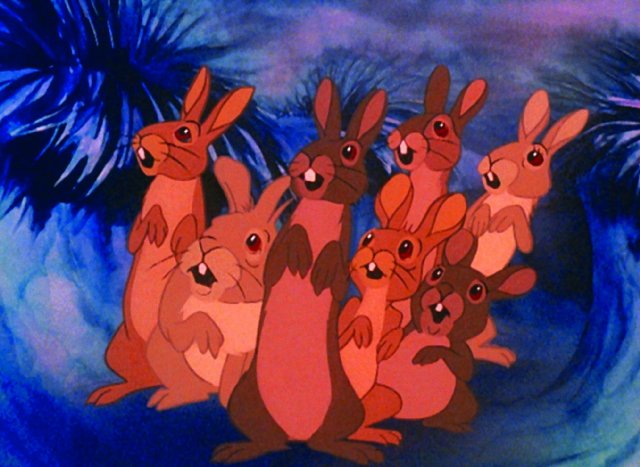
Directed by Martin Rosen and based on the novel of the same by Richard Adams, Watership down tells the story of a young rabbit who has an apocalyptic vision indicating the end of his warren. He convinces seven other rabbits to leave with him and search for a new home.
An animated tale it may be but make no mistake, Watership Down is grim, dark and pulls no punches in its very honest depiction of violence, survival and death. The animated style tries to also be very realistic, portraying its characters’ movements as realistically as possible and its moody colour pallet creating an atmosphere far removed from any Disney animated tale.
That’s not to say that Watership Down is absent of anything colourful and dreamlike. The opening sequence is particularly so as it starts the story by going back to the beginning of time and introducing its own mythology- Lapine, which also has its own language.
In Lapine mythology, the world was created by the god Frith. Then, all animals were plant eaters but as they multiplied, their appetites led to food shortage, leading to the creation of the predator for crowd control. Richard Adams created the mythology exclusively for this particular universe.
A very faithful adaptation of Adams’ book, this version is not the only one that exists. A TV series was created between 1999-2001 and just last year in 2018, Netflix released a mini-series version. The latter of which released to generally favourable reviews but criticised due to the quality of its computer animation and is referred to as a watered-down Watership Down.
The 1979 version of the cute rabbits meeting their potential impending doom is worth a look for sure. As the watership goes down, as will your waterworks.
9. I Origins (2014)
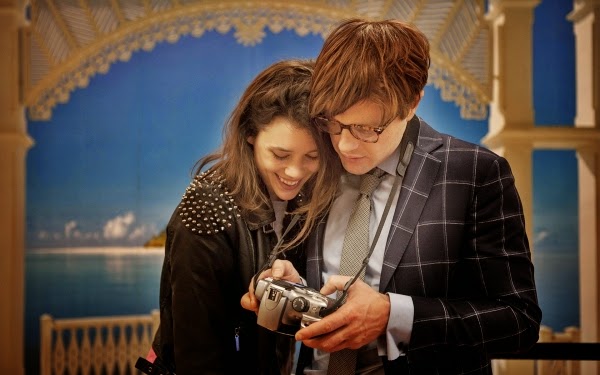
Mike Cahill’s second feature is certainly an ambitious one, attempting to blur the lines between science and spirituality. We follow Dr. Ian Grey (Michael Pitt), a molecular biologist who is studying the evolution of the eye.
He meets an exotic young woman, Sofi (Astrid Bergès-Frisbey) whose beliefs in reincarnation, wonder and the spiritual world clash with his mind for theories, proof and reason. Despite that, they fall deeply in love. When she slips away, he comes to realise that maybe seeing is not always believing.
Through his progressive research and studies of the eye, he stumbles across a discovery of multiple people with matching iris patterns, though none of them alive at the same time. Among those matches is Sofi, whose iris scan matches that of a girl in India born years after Sofi’s death.
Yes, a little far-fetched if anything.
Still, seeing a man who swears by science accept and find comfort within the realms of the spiritual world is certainly interesting and for those of us that enjoy learning about the wonderments of the supernatural whilst also being interested in the science, I Origins certainly makes the mind tick.
Cahill does a great job of confronting and challenging both rationalism and mysticism, surely sparking debates with its intriguing and provocative ideas. I Origins seamlessly blends it all with science fiction, romance and drama. It’s a film that must be approached with an open mind, and open tear ducts.
8. Kumiko, the Treasure Hunter (2014)
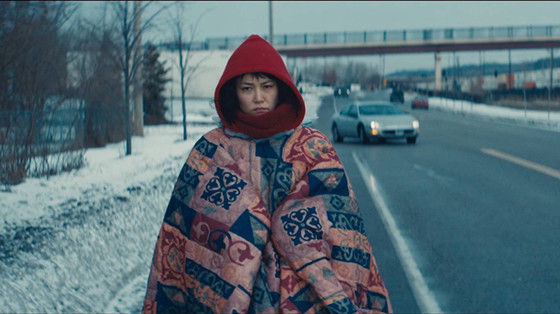
By David Zellner, Kumiko, the Treasure Hunter is based on the urban legend surrounding the death of Takako Konishi, who was reported to have died while searching for the ransom of money buried by Steve Buscemi’s character in 1996’s Fargo. In actuality, Konishi committed suicide.
This film imagines what would’ve played out if the legend was true. Rinko Kikuchi (Pacific Rim) plays Kumiko, a 29-year-old office worker who lives in complete isolation in Tokyo. She works a dead-end job under a boss that she hates, is intimidated by her well-off peers and is constantly nagged by her mother to find a husband and start a life. The only piece of joy she has is her pet rabbit, Bunzo.
She finds a VHS copy of the 1996 crime drama Fargo in a secluded cave (not sure how that got there) and upon watching the tape and seeing its only playable (aforementioned) scene, she mistakes it for a true story.
Helped in no way of course by the “this is a true story” message that pops up at the start, Kumiko obsesses over it and begins taking notes. Seeing it as an escape and a way to give her life any sort of meaning, she abandons Bunzo and sets off on a journey to Minnesota using her boss’s company card in search for the purported fortune.
Upon arrival, she finds herself unprepared for the blizzards and harsh weathers while also struggling to grasp the English language and lacking funds when the credit card is cancelled.
The most heart-breaking thing about this film is her desperation for this to be true regardless of being told otherwise multiple times. Kumiko has nothing in her life and has convinced herself of this delusion because she simply needs this to be true. It’s all she has to live for, her only tiny piece of potential happiness.
Some of the visuals during the latter half of the film are quite stunning as Kumiko wears something she fashioned out of a very colourful bed sheet against the pure, white snowy backgrounds of Fargo. It really does look nice, so you might want to have those tissues at the ready so you can see it through your tears.
7. Millennium Actress (2001)
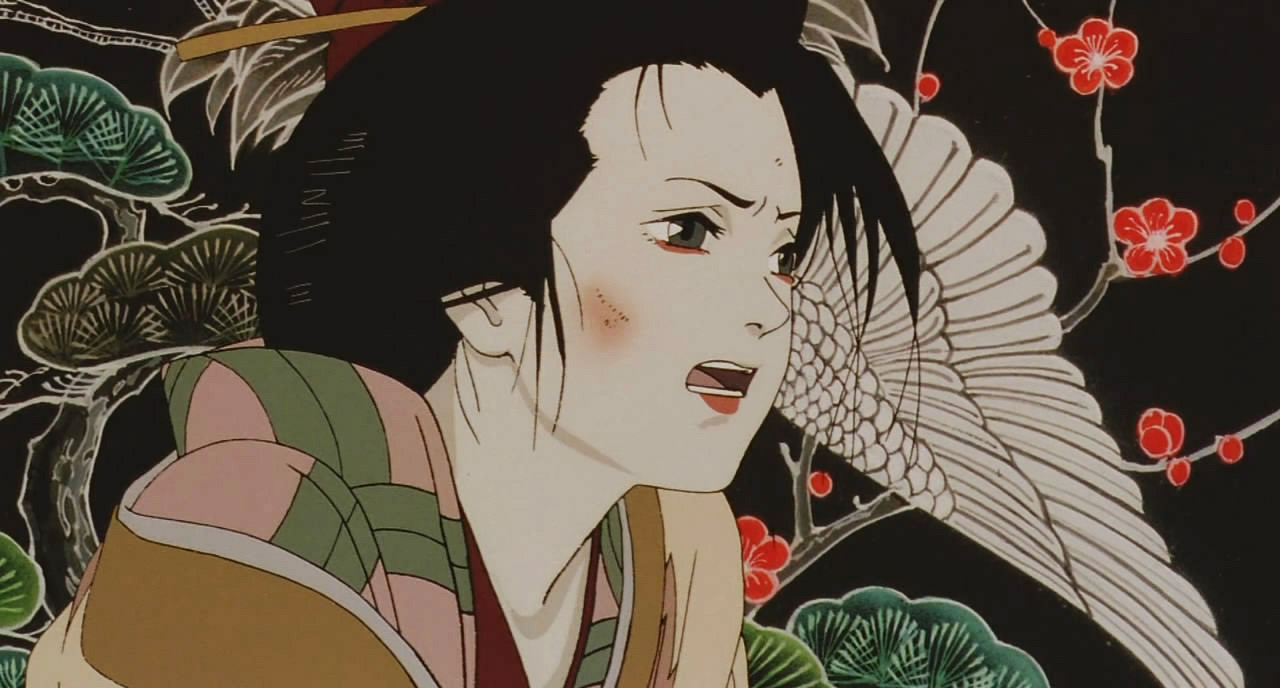
Millennium actress is by highly influential Japanese filmmaker Satoshi Kon, whose other works include JoJo’s Bizarre Adventure, Perfect Blue, Tokyo Godfathers and Paprika.
His film about a once major movie star reliving her extraordinary life in a tell-all interview is one of the best anime features to have ever been produced. Unfortunately however, it’s one that was not given the attention that it deserved due to the hugely successful Spirited Away, with both films releasing within just two months of each other in the same year.
Loosely based on the lives of Setsuko Hara and Hideko Takamine, Millennium Actress follows two documentary filmmakers exploring the life of fictional acting legend, Chiyoko Fujiwara, as she agrees to a rare interview. Genya Tachibana and his cameraman Kyoji Ida are quite literally thrust into Fujiwara’s memories as they appear to transcend space and time, appearing within scenes of her life and her movies.
This surreal and ambitious way of the interviewees hearing the actress’s stories creates plenty of opportunity for a lot of humour. Especially through Tachibana being a huge fan and perhaps even having had a crush on the actress. Witnessing her at times of hardship and when she had been done wrong elicits actual emotional responses from him. Even going so far as trying to get involved in her memories as a knight in shining armour.
Part romance story and a great exploration of Japanese history, this anime feature achieves such a complex vision of location, setting, character, atmosphere and the human experience that it simply couldn’t exist in any other medium.
6. Way Back Home (2013)
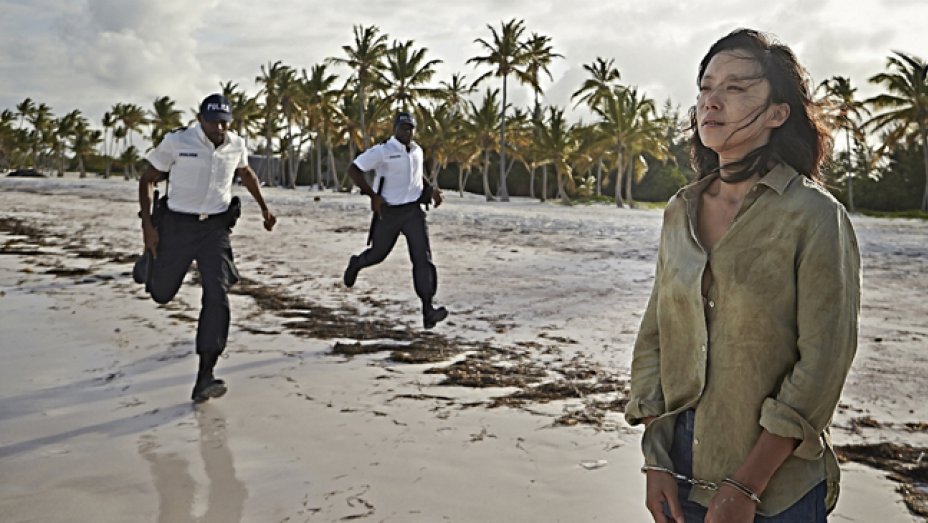
Way Back Home is a South Korean true story about a woman who was falsely accused of drug smuggling at a Paris airport. Resulting from a friend of Jeong-yeon (Jeon Do-yeon) and her husband, Jong-bae (Go Soo), committing suicide after he is unable to repay his loans. As she is his guarantor, the debt falls onto Jeong-yeon.
In her desperation to secure the sizable amount, she takes a job from a seedy acquaintance. Thinking that what she is delivering from Paris to Seoul are diamonds, it turns out to be 30 kilograms (66 pounds) of cocaine. This results in her being imprisoned on Martinique.
Director Bang Eun-jin doesn’t miss a beat in presenting us with all the traits that would be expected in a story like this. Throughout most of the film, Jeong-yeon is unaware of where she is or what is expected of her. Predominantly due to the language barrier but also partly due to the prison staff generally being a-holes.
Though Jeong-yeon is the one that made a mistake that caused her to end up here (and is never painted as an innocent angel), the selfish, ruthless prison guards and uncaring public defenders are painted as the real villains. Emphasis is also placed on her being a mother to a young girl throughout, which is no help to the feels.
Jeon Do-yeon is perhaps best known for her portrayal of a broken-down woman who has lost everything in Lee Chang-dong’s Secret Sunshine (which we’ll put down as an honourable mention) among other tear-inducing movies and so has experience in delivering powerful performances like these.
Go Soo has perhaps less resources as the teary husband stuck in Korea, but gives an excellent performance as well. Way Back Home is frustratingly tragic.